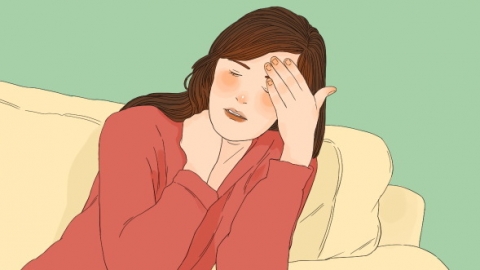Is gallbladder polyp related to emotional stress?
Generally speaking, the relationship between gallbladder polyps and anger should be viewed objectively. Anger itself is not a direct cause of gallbladder polyps; however, frequent and prolonged episodes of anger may indirectly affect gallbladder health and destabilize existing conditions. The specific analysis is as follows:

From the perspective of the pathogenesis of gallbladder polyps, their formation is mostly associated with chronic cholecystitis, abnormal cholesterol metabolism, genetic factors, and similar causes. Anger does not directly lead to abnormal mucosal proliferation in the gallbladder that results in polyps; therefore, there is no direct causal link between the two.
However, long-term exposure to negative emotions such as anger and anxiety can disrupt endocrine function and autonomic nervous system regulation, potentially leading to impaired gallbladder motility and poor bile excretion. Prolonged bile stasis within the gallbladder increases its workload and may irritate the gallbladder mucosa. This not only may promote the growth of existing polyps but also trigger cholecystitis, causing discomforts such as abdominal pain and bloating, thereby indirectly worsening the condition.
To maintain gallbladder health and stabilize the condition of gallbladder polyps, it is important to regulate emotions in daily life and avoid prolonged anger or anxiety. Stress can be alleviated through physical activity, listening to music, and other relaxing methods. Additionally, maintaining regular eating habits, avoiding overeating, and reducing intake of high-cholesterol and high-fat foods are recommended.




